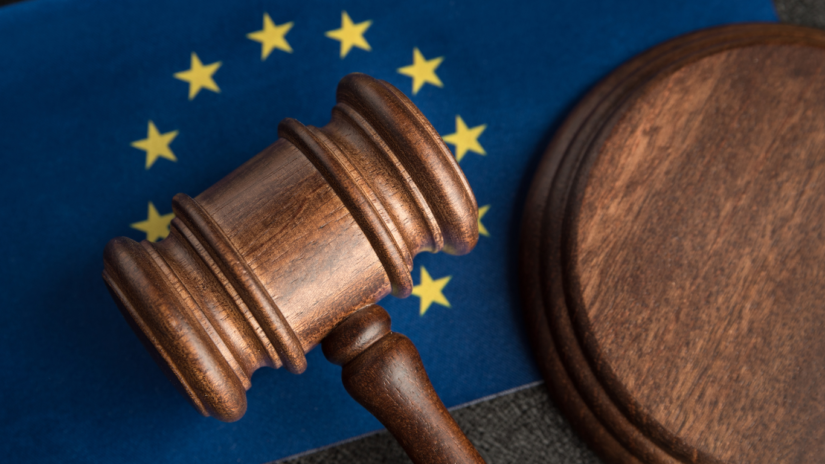European Court Finds Switzerland Guilty of Human Rights Violations in Response to Climate Crisis
In a landmark ruling, the European Court of Human Rights (ECHR) found Switzerland’s government in violation of human rights due to its inadequate response to the climate crisis. This significant case stemmed from the efforts of over 2,000 women, predominantly in their 70s, who argued that climate change-induced heat waves undermined their health and quality of life and put their lives at risk.
The court’s decision, which marks the first time it has ruled on climate litigation, pointed out “critical gaps” in Switzerland’s national legislation regarding emissions reduction and its failure to meet previous climate targets. As a result, the court deemed Switzerland’s actions a breach of the women’s rights to adequate protection against the serious adverse effects of climate change on their lives, health, well-being, and quality of life.
This ruling holds profound implications for climate litigation globally, as it sets a precedent for other human rights-based climate cases awaiting judgment in international courts. The decision is legally binding, with no avenue for appeal, underscoring the urgency of addressing climate change through robust legal frameworks and decisive government action.
The ruling is expected to compel Switzerland to accelerate its efforts to reduce fossil fuel consumption and transition to sustainable energy sources. The court’s decision could lead to significant shifts in energy policies and practices since fossil fuels are the primary driver of human-caused climate change.
Environmental and legal experts have hailed the ruling as a historic milestone in the fight against climate change. Gerry Liston, a lawyer at Global Legal Action Network, emphasized that this precedent-setting judgment applies not only to Switzerland but to all European countries, urging them to align their climate targets with scientific recommendations and commit to limiting global warming to 1.5 degrees Celsius.
Furthermore, the ruling reflects a growing trend of climate litigation worldwide, where citizens and organizations increasingly hold governments and corporations accountable for their contributions to climate change. This legal avenue is a powerful tool in catalyzing climate action and ensuring that governments fulfill their obligations to protect human rights in the face of environmental challenges.
As climate-related disasters escalate and global temperatures rise, the ECHR’s ruling is a stark reminder of the urgent need for robust climate policies, international cooperation, and collective action to safeguard the planet and ensure a sustainable future for all.

